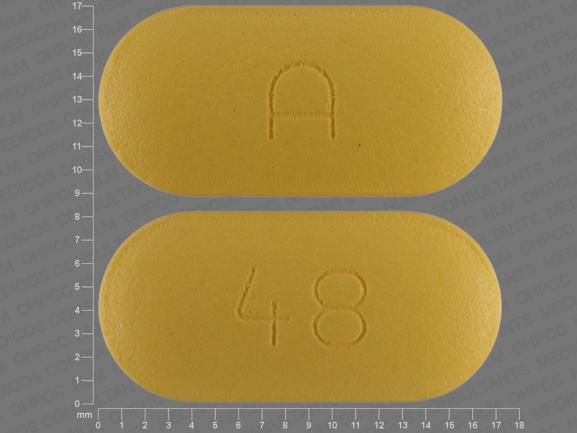Glyburide / metformin User Reviews & Ratings
Brand names: Glucovance
Glyburide / metformin has an average rating of 4.8 out of 10 from a total of 5 reviews on Drugs.com. 20% of reviewers reported a positive experience, while 40% reported a negative experience.
| Condition | Avg. Rating | Reviews | Compare |
|---|---|---|---|
| Type 2 Diabetes | 5 reviews for Type 2 Diabetes | 158 medications |
- Anonymous
- September 17, 2010
For Type 2 Diabetes "Worked to reduce my blood sugar levels and sometimes caused low readings (into the 40s), but unfortunately I found I was allergic to the glyburide (sulfa-). After eliminating that part of the medication, I no longer had an allergic reaction."
- sen...
- November 21, 2016
For Type 2 Diabetes "I was on metformin for over three years, it was working really well for a while, then I ended up in the hospital. I was so sick. I was tested for everything that they could think of in the hospital. My white blood cells went through the roof, indicating an infection, but there wasn't any infection. The result was a reaction from the medication. I was taken off of it, and everything returned to normal."
- hhc...
- January 1, 2009
Glyburide / metformin for Type 2 Diabetes "Better than Glucophage alone."
- Mer...
- Taken for 2 to 5 years
- November 15, 2021
For Type 2 Diabetes "This medication has a terrible smell! It has never smelled this way before. I am afraid it is a generic medication (or whatever they put in it)! I am planning to take it back to the pharmacy."
See also:
Trulicity
Trulicity is an injectable diabetes medicine that is used together with diet and exercise to ...
Lantus
Lantus is a long acting form of insulin used to treat type 1 or type 2 diabetes. Learn about side ...
Ozempic
Learn about Ozempic (semaglutide) for type 2 diabetes treatment, weight management, cardiovascular ...
Tresiba
Tresiba (insulin degludec) is used to treat diabetes mellitus. Includes Tresiba side effects ...
Levemir
Levemir (insulin detemir) is a long acting insulin used to treat diabetes in adults and children ...
Victoza
Victoza helps control blood sugar levels and reduce the risk of serious heart problems in people ...
Novolog
NovoLog is a fast-acting insulin used to treat diabetes to control blood sugar levels in adults and ...
Basaglar
Basaglar (insulin glargine) is a long-acting insulin that is used to improve blood sugar control in ...
Soliqua
Soliqua 100/33 (insulin glargine and lixisenatide) is used to treat type 2 diabetes. Includes ...
Toujeo SoloStar
Toujeo (insulin glargine) is an injection used to treat type 1 or type 2 diabetes. Includes Toujeo ...
Are you taking this medicine?
Your review helps others make informed decisions.More about glyburide / metformin
- Check interactions
- Compare alternatives
- Pricing & coupons
- Reviews (5)
- Drug images
- Side effects
- Dosage information
- During pregnancy
- Drug class: antidiabetic combinations
- En español



Glyburide / metformin for Type 2 Diabetes "I have noticed in my practice that a few patients on the Glucovance 500/5 combination have had fairly disturbing muscle aches without other symptoms of lactic acidosis. This has, however, reduced on continuing therapy."